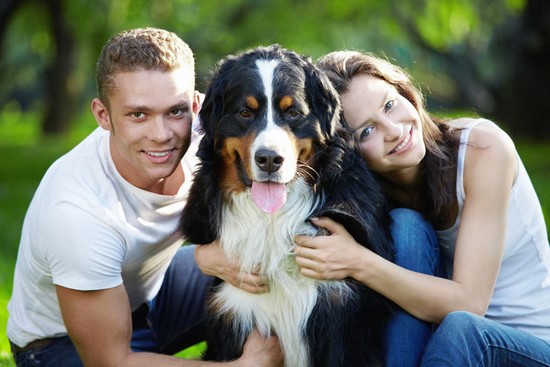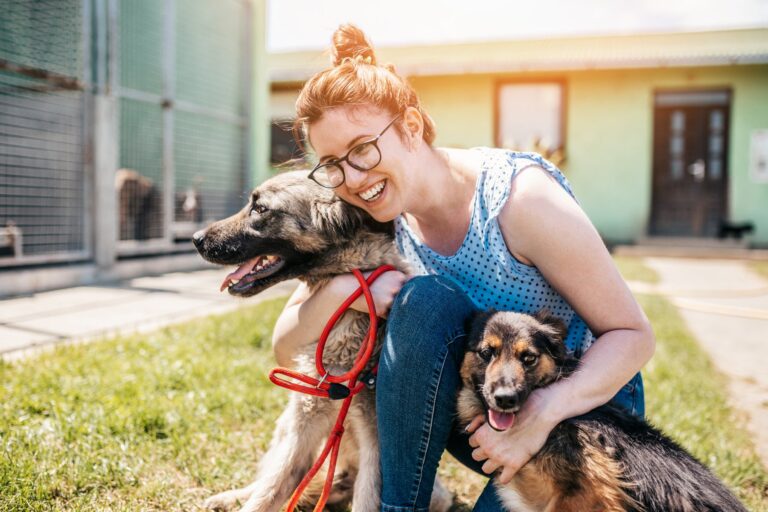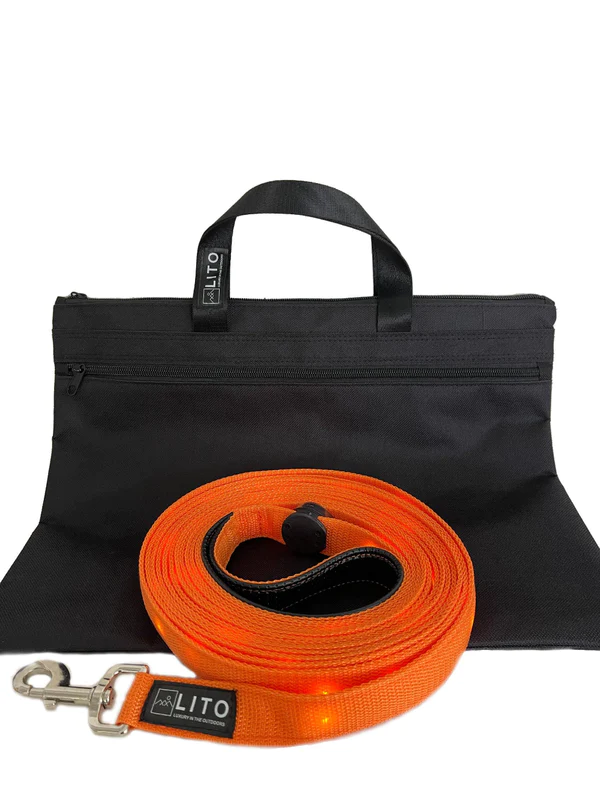If you’re reading this, then you almost certainly just brought a fresh dog home, or you’re planning on bringing a new doggy home soon. In any event, congratulations! There’s nothing beats a lovely, fuzzy new addition to the family.
While it’s important to start right in on the cuddling and training needed by a new pup, it’s also essential to get a brain start your puppy’s health. You want to make sure your new good friend gets off on the right ft ., which means scheduling your puppy’s first veterinary visit. Based on your new puppy’s get older and expected lifestyle, there are a great number of different things you may expect from your veterinarian. Continue reading to learn more.
New Puppy Checklist Guide
Puppy’s First Visit to the Vet
After you take your puppy to the veterinarian for the very first time, your good doctor should probably give her or him a physical exam let me give you. This is really important – your veterinarian will get physical problems with your pooch, such as poor gait, center murmur or skin infections, just by looking him or her over and get your pup on a treatment plan immediately.
Furthermore, your veterinarian will need to make certain your pup is free of a number of illnesses and conditions, also to do so she or he will perform a variety of tests, including:
Fecal exam to check on for intestinal parasites
Chemistry and electrolyte lab tests to help evaluate internal organ status
A complete blood count number (CBC) to display your pet for infection, inflammation, or anemia and other blood-related conditions
Start parasite control (through the use of prescription medication) to treat intestinal parasites preventing heartworm
Begin protecting your puppy from flea- and tick-borne diseases
If your puppy is over the age of six months old in this initial visit, she or he will also have to undergo a heartworm test. Since it often takes 6-7 calendar months for an infected dog to test positive, heartworm wouldn’t arrive in lab tests on puppies youthful than half a year of age.
Vaccines
Vaccinations often depend on a number of factors, including your dog’s years and your geographic location. Generally, however, all puppies and dogs should have the following vaccines:
Distemper, Parvovirus, Coronavirus, Hepatitis, and Parainfluenza – they are often combined into an individual vaccine.
Rabies, a go which at first requires boosters at intervals dependant on state regulations
With regards to other vaccines, it certainly depends on the pup – his or her lifestyle, your way of life, your geographic location, and your puppy’s age all element in to vaccination. For example, the Bordetella (Kennel Cough) vaccine is highly recommended for all dogs; this is also true if there’s a probability that your pup will be boarded at doggie daycare or have exposure to other dogs regularly. However, if your pet isn’t likely to set off or connect to other dogs much, it could not be as important. Another advised vaccine is that for leptospirosis, which is particularly very important to dogs situated in areas with tons of animals, rodents and/or farm family pets. If your pup has usage of the woods or a large amount of land to roam – hunting dogs match this category especially – then it could be a good idea to speak to your veterinarian about the Leptospirosis vaccine. However, even pet dogs that stay in suburban or cities can get leptospirosis.
There are a number of other vaccines that may be recommended because of your veterinarian. In addition, most vaccinations require boosters, from once every couple of weeks (for pet dogs) to once on a yearly basis or every few years. We recognize that this might appear challenging, but it’s important! The best thing to do is talk with your veterinarian, who will create a vaccination timetable befitting your dog.






